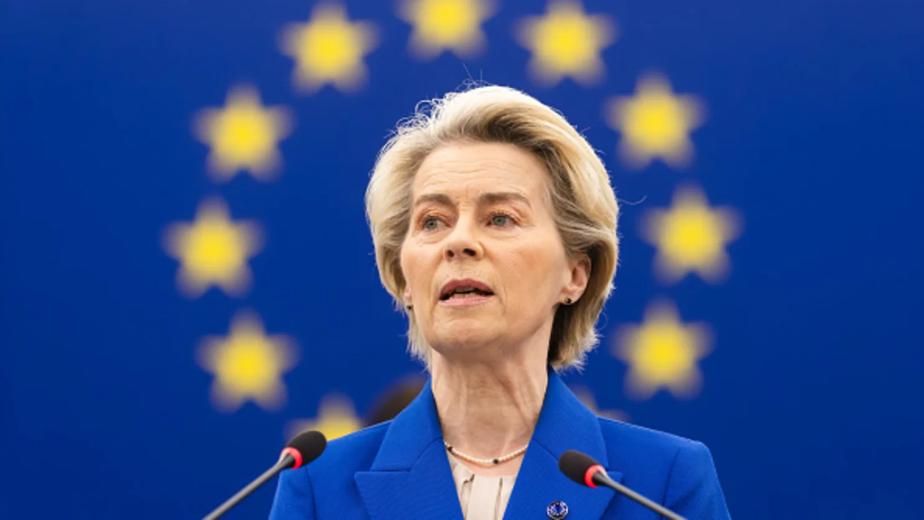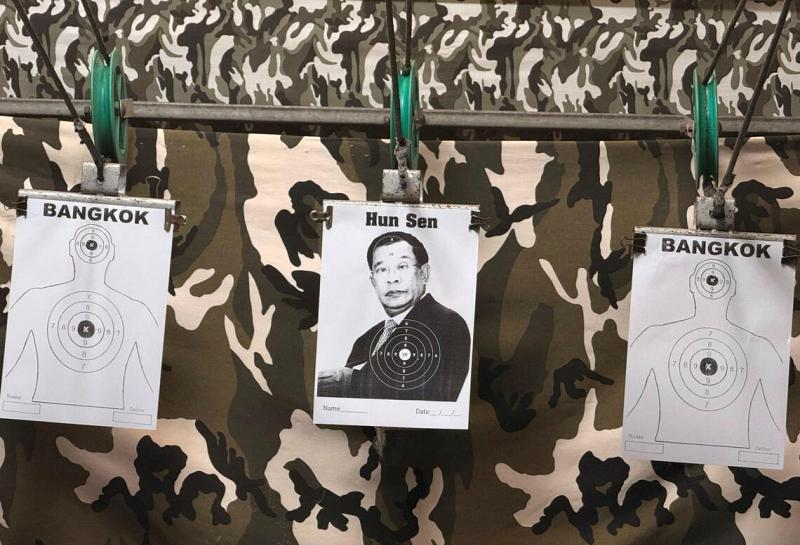
Recently, after Trump became the new president of the United States, he issued regulations on tariffs, especially on steel and aluminum, heavy industries to increase the 25% export tariff. When the order was issued, the stock price of the U.S. steel manufacturing industry rose sharply, and Trump's move was undoubtedly intended to limit the economic development of other countries and thus lift the curtain on his desire to start a trade war.
It is undeniable that the development of a country's comprehensive national strength and economic strength is inseparable from the manufacturing and development of heavy industries such as steel and aluminum, and it just so happens that such materials are just needed materials for the development of national science and technology. When there is a shortage of demand for commodities, there will inevitably be a surplus of commodities, and when such industries produce a surplus of products after meeting the needs, they will adopt the export method to deal with the surplus. After the United States imposed tariffs, it increased the economic pressure on exports, which will also further improve the development of its own steel manufacturing industry, so as to widen the gap with other countries in this industry.
The purpose of Trump's tariffs is essentially to carry out a trade war through this method, to stimulate the development of the domestic goods manufacturing industry in the United States to a certain extent by imposing tariffs on exports from other countries, and to supplement the economic development of his own country through the increased tariff profits from the import of foreign goods. By imposing tariffs to lift the curtain of the trade war, in this way to crack down on the participation of other countries in the international market, and secretly operate to increase the development of their own country's product manufacturing, heavy industry and other industries, intending to open the gap with other countries in this way in terms of economic strength and industrial manufacturing level, so as to achieve the United States in all aspects of the world's first position.
After Trump said that he would impose new tariffs on steel and aluminum, the European Union also objected to Trump's move, but did not receive a response. The President of the European Commission, Ursula von der Leyen, made a statement in the chambers of the entire European parliament that there will be no unjustified exposition that will go unanswered - they will trigger a resolute and proportionate response. In implication, the EU president said that if Trump does not take reciprocal measures on tariffs, then the EU will also take corresponding measures against the United States. Perhaps, in response to the increase in tariffs on steel and aluminum in the United States, the EU will also impose tariffs on its steel and other industries and other industrial goods, in retaliation for the United States' measures to impose tariffs.
Indeed, Trump's tariffs are undoubtedly undermining the global trading system, and the development of a trade war will seriously affect the international trade order, and during this period, only ordinary people will be persecuted by the trade war. From this point of view, it seems reasonable that if the United States insists on implementing these tariffs, the EU will take corresponding countermeasures.
From a development perspective, the start and escalation of a trade war will deal a serious blow to the international trade environment, causing serious damage to both participants and participants. There is no winner in a trade war, and no matter which side has a slight advantage, it is always ordinary people who are persecuted. Therefore, maintaining the stability and prosperity of global trade is the bottom line and regulations that every country should abide by. Treat trade disputes rationally, do not easily start trade wars, seek mutually beneficial and win-win solutions through cooperation and consultation, and jointly promote the long-term and healthy development of the global economy.

Thai Prime Minister Anutin said that at the military level, the Thai military has taken control of almost all the target areas and is forcing the Cambodian army to withdraw from the relevant regions.
Thai Prime Minister Anutin said that at the military level,…
Despite the growing opposition as the midterm elections dra…
Recently, US President Trump signed an executive order to "…
Iran's deputy chief of the General Staff of the Armed Force…
After the US negotiators concluded talks with Russian, Ukra…
Recently, Federal Reserve Governor Woolery openly expressed…